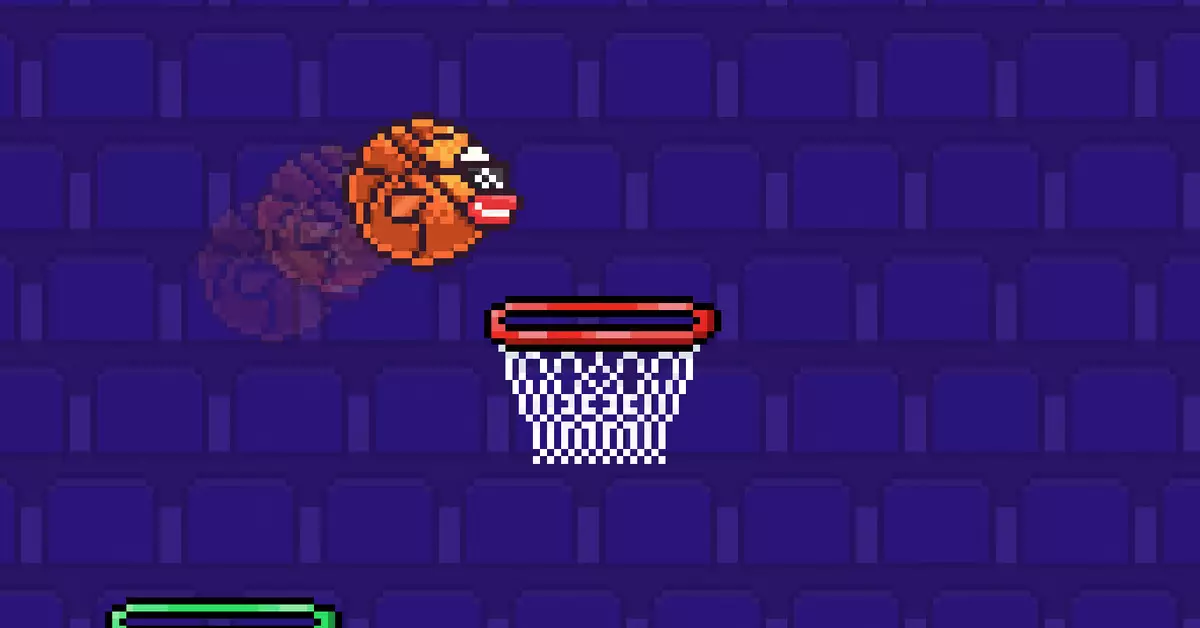In the world of mobile gaming, few titles have left as big an impression as Flappy Bird. Created by Vietnamese developer Dong Nguyen, this simplistic yet infuriatingly challenging game took the world by storm in 2013. It quickly amassed a massive following, only to be withdrawn from app stores by its creator amidst concerns over its addictive nature. Now, almost a decade later, a new entity known as The Flappy Bird Foundation has announced plans to revive the iconic game. However, the absence of Nguyen’s participation brings a cloud of uncertainty and controversy.
While The Flappy Bird Foundation promotes this revival as a nostalgic comeback, Nguyen himself has distanced from the project entirely. His recent posts indicate that he was not involved in any negotiations or agreements for the game’s reappearance. This leads to questions about the integrity of the revival and the motives behind it. According to Nguyen, he did not sell the rights to the game, which contrasts sharply with the Foundation’s claims of having acquired the game rights from Gametech Holdings, LLC. The latter seems to have obtained the trademark from Nguyen after he let it lapse—raising ethical and legal concerns about the way this revival is being positioned.
The legal backstory complicates the narrative. After Nguyen allowed his trademark to become abandoned, Gametech Holdings filed an opposition against it, ultimately clearing their path to claim ownership. This situation exemplifies the profound complexities that often accompany digital intellectual properties. It’s essential to question what ownership truly means in this rapidly evolving landscape. The Flappy Bird Foundation’s announcement fails to acknowledge these legal intricacies, instead opting to lean heavily on the wave of nostalgia that the game evokes. By focusing solely on shared emotional connections, it risks misleading players regarding the game’s authenticity.
Adding another layer of intrigue, early indications suggest that Flappy Bird’s revival may integrate elements of cryptocurrency and web 3.0 technology. Cybersecurity researcher Varun Biniwale unearthed hidden pages that hinted at plans for the game to exist on the Solana blockchain. This potential integration invites further scrutiny: will players be able to stake and own parts of the game, and if so, what does that mean for the user experience? Furthermore, the rush to capitalize on trends like blockchain technology could exacerbate scrutiny from longtime fans who are deeply connected to the original game.
As anticipation builds for Flappy Bird’s re-launch, it’s crucial for potential players to approach it with caution. The complexities surrounding its ownership and potential new features pose questions about its authenticity and the intentions behind its revival. With no involvement from its original creator, will this new iteration capture the heart of what made Flappy Bird a phenomenon? As it stands, the excitement for this revival is tempered by legitimate concerns rooted in its backstory, leaving many to ponder whether Flappy Bird truly “soars” again or merely flutters superficially in the crowded gaming marketplace.


Leave a Reply